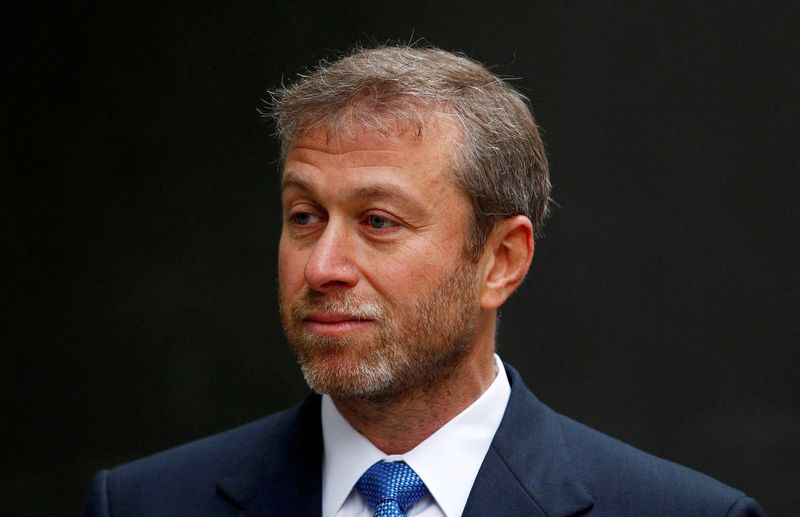
On Tuesday, the European Union adopted the fourth package of sectoral and individual sanctions for the Russian military aggression against Ukraine, aimed at dealing “another big blow” to the economic and logistical base of the Kremlin war machine.
The new package, promoted by European leaders at their informal meeting on March 10-11 in Versailles (France) and approved this Monday by the ambassadors of the Twenty-Seven to the European institutions, includes trade and financial restrictions and adds more oligarchs to the community club's blacklist.
This package shows the EU's “determination” to “support Ukraine and to halt the financing of the Kremlin's war machine,” said EU High Representative for Foreign and Security Policy Josep Borrell. “This is another big blow to the economic and logistical base on which Russia relies to carry out the invasion of Ukraine” and its goal is for Russian President Vladimir Putin to “stop this inhumane and senseless war,” Borrell added in a statement issued by the European Council, representing the EU countries.
MOST PROMINENT MEASURES
Specifically, this batch includes new trade restrictions on the steel and iron sectors, which according to European estimates implies damage of 3.3 billion euros, as well as vetting the export of luxury products, which European sources place in products worth more than 300 euros, to “directly hit the Russian elites”.
The sanctions prohibit new European investments in the Russian energy sector and set limitations on the export of equipment, technology and services for the energy industry, in what is expected to be a further blow to one of the sectors that generates the most wealth for Russia.
This package expands the list of sanctioned individuals and entities, in a new step against the circle closest to the Kremlin, including oligarchs such as Roman Abramovich, well-known owner of Chelsea FC. Military commanders and entrepreneurs are also added, with more severe restrictions on the export of dual-use goods, civil and military. A total of 862 individuals and 53 Russian entities are already on the black list.

The new wave of sanctions, which is expected to enter into force this Tuesday following its publication in the Official Journal of the EU, includes a total ban on any transaction with certain Russian state-owned companies in different sectors and which the European Commission called in another statement “the Kremlin military-industrial complex”.
There is also a new list of actors considered key to misinformation.
And finally, there is a ban on the rating of Russia and Russian companies by EU credit rating agencies and the provision of rating services to Russian customers, which “would cause them to lose even more access to the EU financial markets,” emphasizes the EU Executive.
RUSSIA, OUTSIDE THE MOST-FAVOURED NATION STATUS
Following last Friday's announcement by the G7, the EU, along with other members of the World Trade Organization (WTO), also agreed on Tuesday to deny Russian products and services most-favoured-nation treatment on EU markets, which will deprive Moscow of “significant benefits”.
These actions against Russia “protect the essential security interests of the EU and its partners” by Russia's “unprovoked, premeditated and unjustified” aggression against Ukraine, with the assistance of Belarus, and are “fully justified” under WTO legislation, Brussels noted.
The Commission also received the green light from the Council to request, on behalf of the EU, the suspension of the process of Belarus's accession to the WTO.
“Russia and its accomplice Belarus bear full responsibility for this war of aggression, and those responsible will be held accountable for their crimes, including the indiscriminate attack on civilians and civilian objects,” stressed the EU, which demanded that Moscow “cease its military action and withdraw all military forces and equipment from all over the territory of Ukraine immediately and unconditionally”.
(With information from EFE and Europa Press)
KEEP READING:
Últimas Noticias
Debanhi Escobar: they secured the motel where she was found lifeless in a cistern

The oldest person in the world died at the age of 119

Macabre find in CDMX: they left a body bagged and tied in a taxi
The eagles of America will face Manchester City in a duel of legends. Here are the details

Why is it good to bring dogs out to know the world when they are puppies




